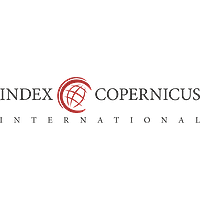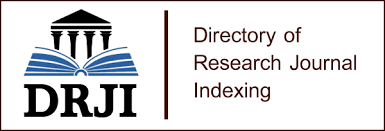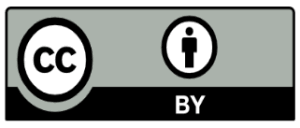THE PRACTICAL CHALLENGES FACING EXPROPRIATION OR TAKING OF INVESTORS PROPERTY BY THE HOSTING STATES. HOW SHOULD IT BE?
Abstract
The study explains the challenge that faces foreign investors when investing in the foreign land. The study deals with practical experience which happens in different jurisdiction and decided cases. It covers in detail the concept of expropriation or taking of investors property. That, expropriation or taking is something done by hosting states but the issue is how should it be done? Should it be lawful or unlawful; law, agreements and treaties governing expropriation and protecting investors property requires expropriation to be done according to the law otherwise it will be unjust.
The paper discusses the forms of expropriation such as nationalization, political ideologies, change of government regime, variation of the original contract or agreement. The study proposes that expropriation should be fair and just and the principle of equal treatment of investors should be respected at the time of taking foreign investors property. Local and foreign investors should be treated equally and the compensation must be according to market value and the taking of the investors property must be the last option. The data and all information contained in this paper where collected through a review of available literature including journal, articles, decided cases, reports, papers, textbooks and thesis
Published
How to Cite
Issue
Section
License
Copyrights for articles published in Journal of Asian and African Social Science and Humanities are retained by the authors, with first publication rights granted to the journal. The journal/publisher is not responsible for subsequent uses of the work. It is the author's responsibility to bring an infringement action if so desired by the author.
Articles published in Journal of Asian and African Social Science and Humanities are published under the Creative Commons Attribution (CC-BY) license, which permits others to distribute, remix, tweak, and build upon your work as long as they credit you for the original creation.
Â














